OBITUARY: Remembering the life and career of the ‘tough and popular’ Jochen Mass
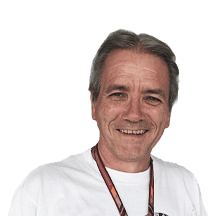
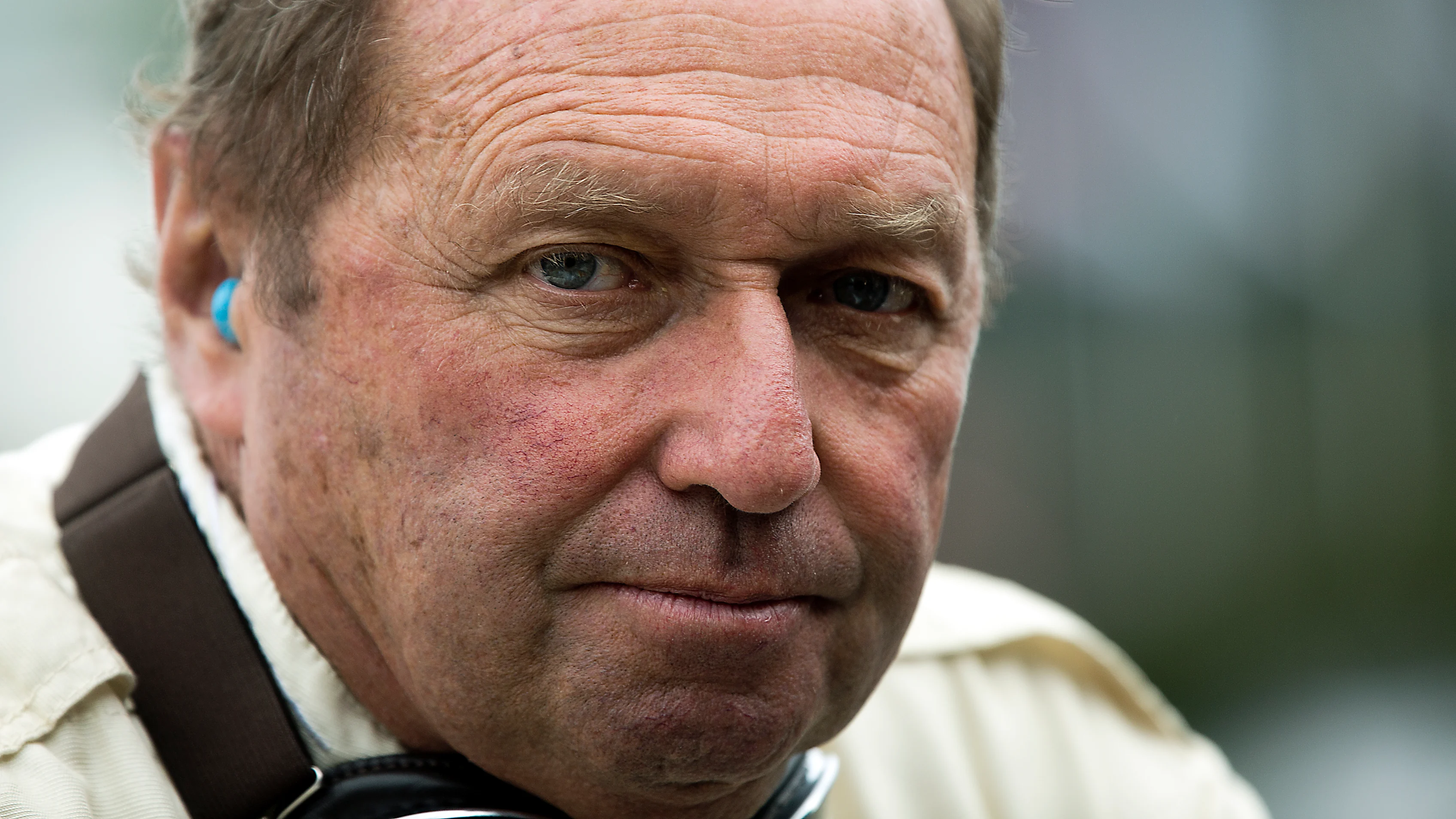
Bavarian-born former sailor Jochen Mass was one of a small cadre of men – Denny Hulme, Peter Revson, Emerson Fittipaldi and James Hunt being his illustrious companions – who won a Grand Prix for McLaren in the 1970s.
But where Fittipaldi and Hunt also won World Championships, Mass’ fate was to be remembered as one of the few men who only scored half points for their sole victory as the contentious 1975 Spanish GP was stopped after 29 of the scheduled 75 laps.
He could also have won the 1976 German Grand Prix, but for the accident that nearly ended Niki Lauda’s career. Having qualified ninth, he realised on the grid that the weather was improving, and was alone in using his local knowledge of the famed Old Nurburgring to make the bold decision to opt for slick tyres. He was fourth by the first corner and set to dominate as everyone else realised they would have to stop to change their rubber.
But when the race was stopped after Lauda crashed heavily at the Bergwerk corner and needed to be rescued by fellow drivers, everyone got the same deal of the cards for the restart and he had to be satisfied with third place, behind the winning Hunt and Carlos Pace, and was thus denied the satisfaction of winning a full-distance race on the most challenging track in the world.
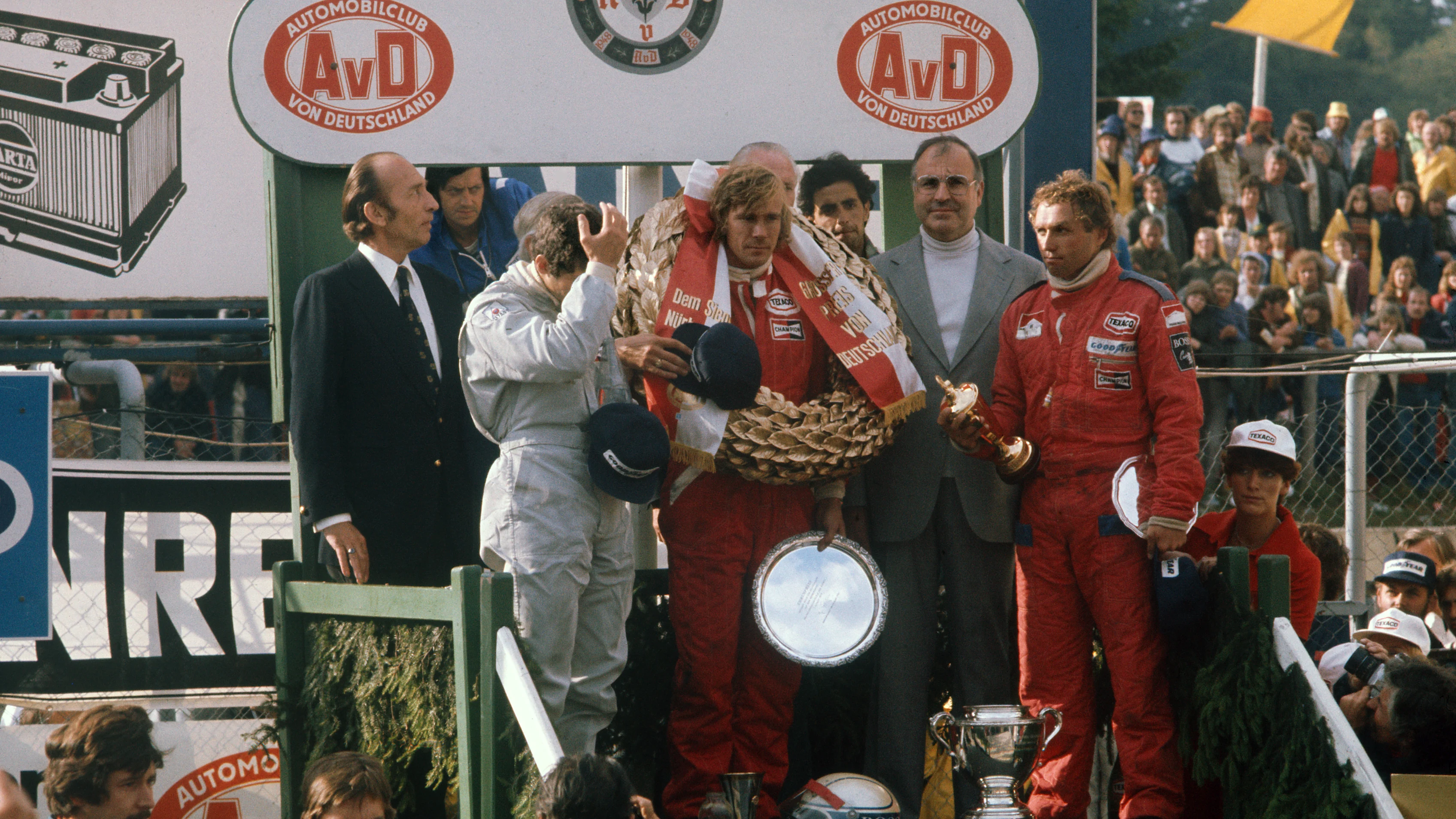
A tough and very popular character, Mass had started racing in hillclimbs and sprints with an Alfa Romeo Giulia after leaving the Navy, and strong performances in works Ford Capris in the European Touring Car Championship encouraged Ford to back him in F3 in 1972, then F2 and F1 in 1973 with John Surtees’ team.
He stayed there for 1974 but switched to drive McLaren’s third, Yardley-sponsored M23 partway through after his friend Mike Hailwood had crashed in that year’s German Grand Prix at Nurburgring. When Hulme retired at the end of the season, Mass was promoted to the two-car main McLaren team for 1975, alongside Fittipaldi.
He never fully realised his early potential in F1 but was a regular podium finisher in 1975 and ’76, and ended his McLaren career with another in his final race with them in Canada in 1977. Besides that Spanish win, his next-best result was second behind Jacques Laffite’s Ligier-Matra in the 1977 Sweden GP.
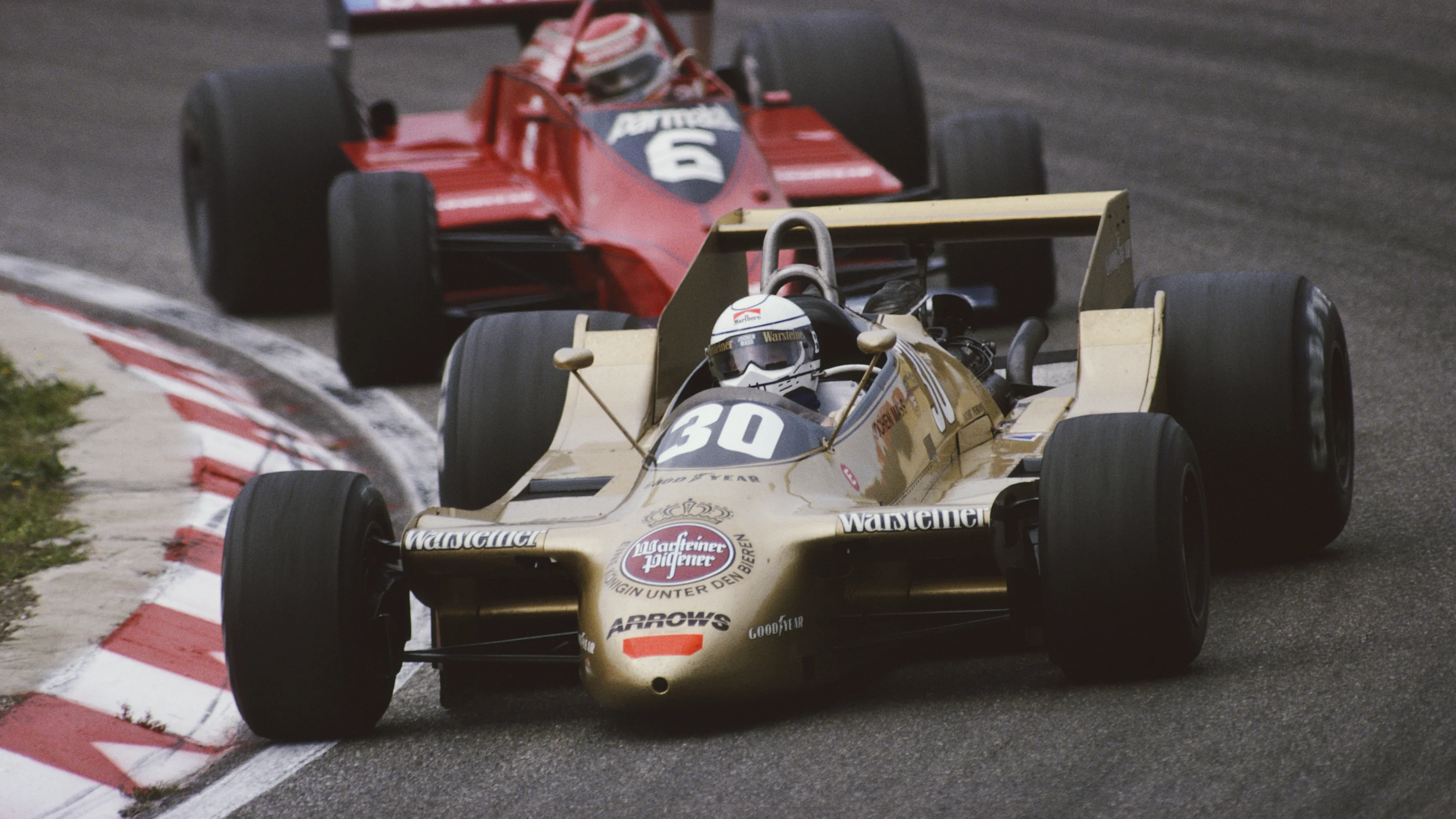
After being replaced by Patrick Tambay at McLaren for 1978, he made an unsuccessful switch to wheel manufacturer Gunther Schmidt’s ATS team, then had two seasons with the Arrows equipe until suffering damaged vertebrae in an accident in Austria partway through the second year. He returned with March in 1982, and sadly was involved in the accident in which Gilles Villeneuve was killed at Zolder in May of that year.
Still upset at losing the San Marino Grand Prix in questionable circumstances to Ferrari team mate Didier Pironi, the French-Canadian was trying for one last quick Qualifying lap and made the choice to move to Mass’ right at the very split second when the German sought to give him the inside line to the left. The Ferrari was launched over the March’s right rear wheel, and Villeneuve succumbed in the ensuing accident.
“I saw Gilles in my mirrors,” Mass explained, “and expected him to pass on the left. I moved right and couldn’t believe it when I saw him virtually on top of me. He clipped my right rear tyre, bounced off the front and was launched into the air…
“I‘ve been in a similar situation at that place myself. It’s difficult, because although it’s a left-hand kink it’s possible to get by on the outside. He obviously chose to go on the outside and there wasn’t room.”
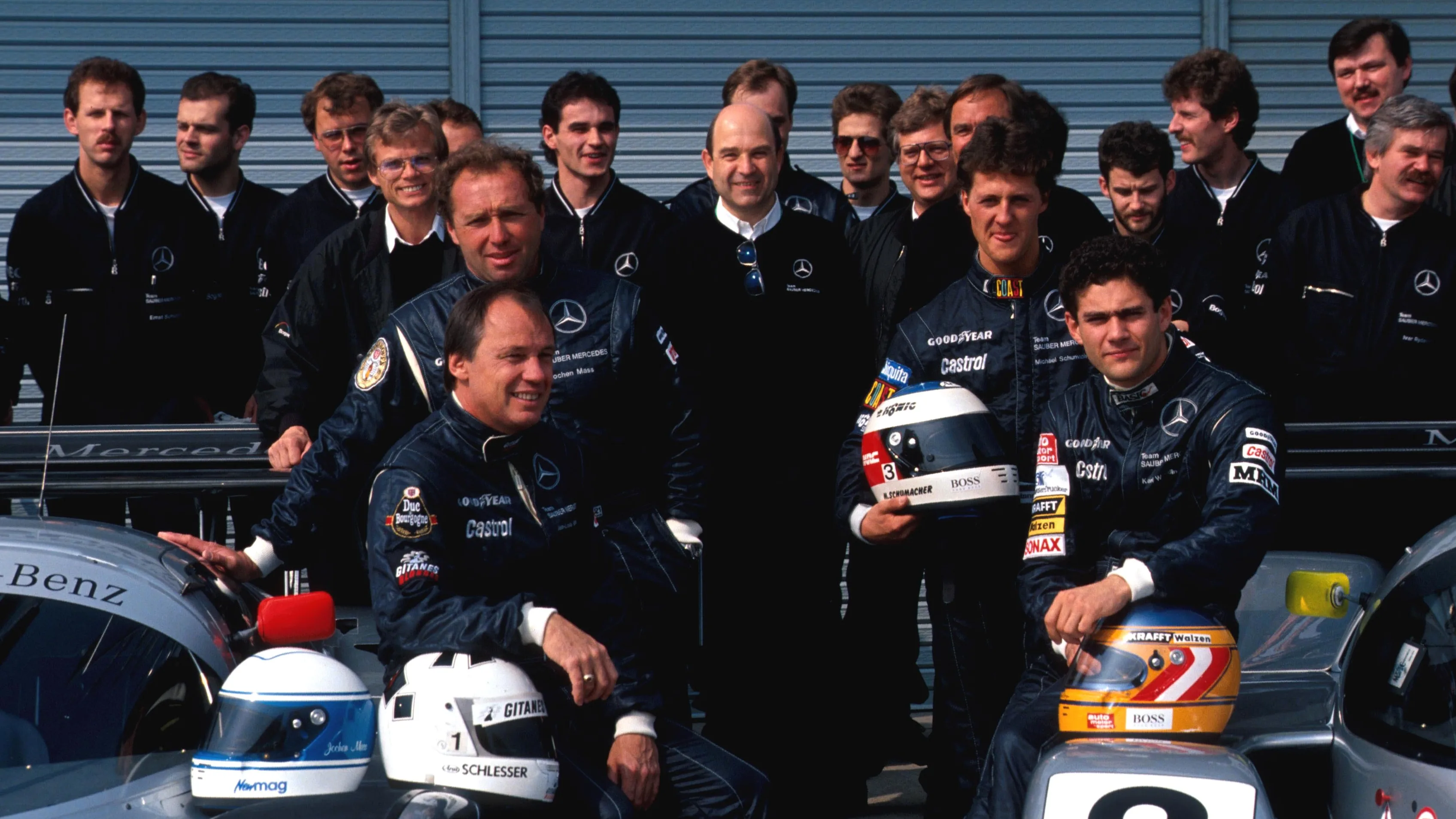
Leaving F1 at the end of that year, he established himself as a multiple winner in long distance sportscar races with the Porsche team, scoring eight victories 1982 and ’85. Then he joined the Swiss Sauber-Mercedes team, taking three more wins in 1988, five including the Le Mans 24 Hours in 1989, and two in 1990. Thereafter he mentored the team’s rising German stars Heinz-Harald Frentzen, Karl Wendlinger and Michael Schumacher.
In 1995, he went back to Le Mans with a McLaren F1 GTR but the car did not finish, and thereafter he became a familiar face on the historic racing scene, frequently demonstrating many of Mercedes’ iconic Grand Prix cars from the 1930s and 1950s.
Jochen Mass died on May 4 at the age of 78, having suffered a stroke in February.
Next Up
Related Articles
 Ferrari headline the innovations as F1 testing resumes
Ferrari headline the innovations as F1 testing resumes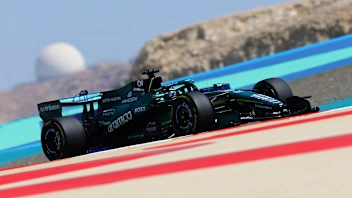 Aston Martin make changes to trackside engineering structure
Aston Martin make changes to trackside engineering structure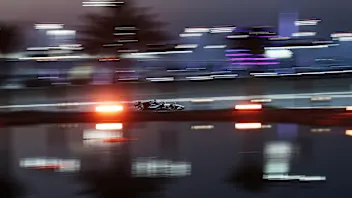 What we learned from Day 1 of the second Bahrain test
What we learned from Day 1 of the second Bahrain test/16x9%20single%20image%20-%202026-02-18T145304.510.webp) FIA issue statements on commission and power unit meetings
FIA issue statements on commission and power unit meetings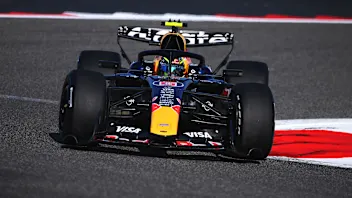 Red Bull feel they are only the fourth-fastest team
Red Bull feel they are only the fourth-fastest team/16x9%20single%20image%20-%202026-02-18T155544.362.webp) Russell tops Day 1 of second Bahrain test
Russell tops Day 1 of second Bahrain test